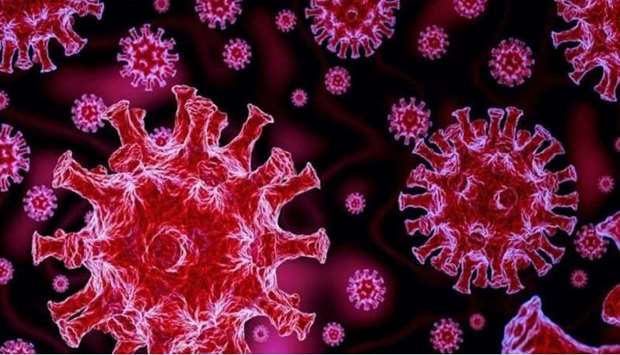China yesterday reported declining numbers of new locally transmitted Covid-19 cases for the third consecutive day, a tentative sign that the latest month-long outbreak may be waning. The National Health Commission (NHC) reported 47 new locally transmitted confirmed cases on Thursday, the lowest since July 30.
Many local cases in the current outbreak, the most widespread since the initial epidemic in the spring of 2020, have been traced back to a handful of infections uncovered in the city of Nanjing in eastern Jiangsu province in late July.
Officials have said the Nanjing outbreak, triggered by the highly transmissible Delta variant, most likely started with the exposure of an airport cleaning crew to a passenger jet that arrived from Russia on July 10.
A few Chinese cities reported local Delta cases that were traced to other countries. The spread of Delta variant in China has prompted the activation of epidemic containment protocols including mass testing, demarcating neighbourhoods deemed risky and restricting movement in affected cities.
The measures appeared to have helped confine local infections to a handful of provinces including Jiangsu in the past week. Nanjing has reported just one to two new local cases a day this week, including some days with none. Areas across China deemed high-risk, where the most stringent restrictions are imposed, stood at an unchanged 27 on Friday, state media reported. But the number of medium-risk areas has fallen to 127 from a peak of over 210 earlier this week. Medium-risk areas are reclassified as low-risk if they report no new local cases for 14 days.
“Among the 48 cities where cases occurred, 36 have not reported new infections for more than five days,” He Qinghua, an NHC official, told reporters. “The risk of a large-scale national epidemic is small.” In the southern province of Hunan, some of the tourists who were quarantined after infections broke out in Zhangjiajie last month were allowed to return home yesterday. But China remains vigilant -- wary of the upheaval caused by the initial outbreak of Covid-19 early last year in the world’s most populous nation. The coronavirus was first identified in the central Chinese city of Wuhan in late 2019. The NHC said it required that people wear masks in crowded outdoor venues, in a bid to rectify the public’s “laxity of mind” in virus control efforts after vaccination.
The outbreak has hit China’s services sector, especially travel and hospitality, at the peak of its summer tourist season, which lasts to Aug 31. Economists foresee slower travel consumption to cut third-quarter economic growth.
“For the third quarter, per the impacted consumption, we expect a 0.3-to-0.5 percentage point cut in third-quarter GDP growth,” said Nie Wen, chief economist at Hwabao Trust in Shanghai. The impact of the outbreak on China’s travel industry may go beyond cancelled bookings for the summer.
“Many small and medium-sized travel agencies make their money from family tourism during the summer school vacation,” said a manager of a large Beijing tourist agency, predicting that many small agencies would go bust this year.

(Representative photo) Corona virus structure. (Reuters)
